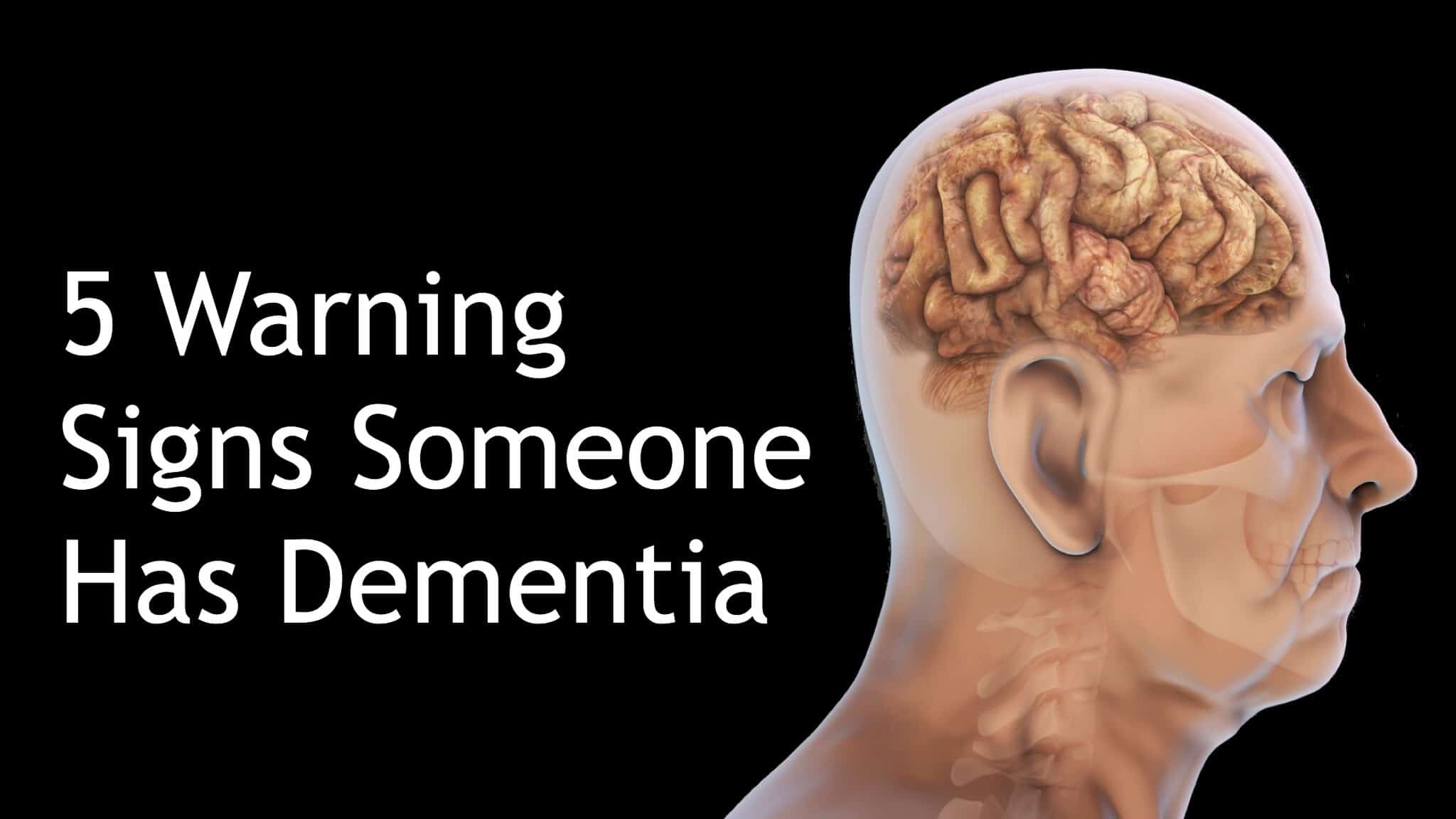Dementia is not only forgetting where you put your keys or sometimes losing sense of time. Affecting millions of people globally, this complicated and sometimes misinterpreted disorder influences not only the diagnosed but also the loved ones. Early on, in recognition of the symptoms, you can act to find the appropriate care and assistance.
Knowing these early warning signals is powerful as well as vital. Knowing possible signs can help you to be proactive in guaranteeing a better quality of life for people you know. Knowledge is your best weapon in negotiating this road, whether your search is for a friend, a family member, or yourself.
Should you be worried about dementia, you are not alone. This article will lead you through the main warning signals to be on alert for and provide kind guidance on what to do next. Simultaneously, it’s important to realize that solutions and assistance abound to enable you and your loved ones to live with hope and optimism.
Understanding Dementia
Dementia is a general term for a decline in cognitive function severe enough to interfere with daily life. It encompasses various conditions characterized by impairments in memory, reasoning, language, and other cognitive abilities. The most common types of dementia include:
- Alzheimer’s Disease: The most prevalent form, accounting for 60% to 80% of cases. It involves abnormal buildups of proteins in the brain, leading to neuron death and brain shrinkage.
- Vascular dementia: The second most common type, resulting from conditions that damage blood vessels in the brain or interrupt blood flow and oxygen to the brain.
- Lewy Body Dementia: Caused by abnormal deposits of the protein alpha-synuclein, known as Lewy bodies, affecting brain regions involved in thinking, memory, and movement.
- Frontotemporal dementia: Involves degeneration of the frontal and temporal lobes of the brain, leading to changes in personality, behavior, and language.
- Mixed Dementia: A combination of two or more types of dementia, such as Alzheimer’s disease and vascular dementia.
Early Warning Signs of Dementia
Recognizing the early signs of dementia is crucial for timely intervention and support. While symptoms can vary, common early indicators include:
Memory Loss Affecting Daily Life
One of the most common early signs of dementia is memory loss that disrupts daily life. This includes forgetting recently learned information, important dates or events, and increasingly relying on memory aids or family members for tasks previously managed independently.
While occasional forgetfulness can be a normal part of aging, consistent and noticeable memory lapses—such as repeatedly asking for the same information or forgetting familiar routes—may indicate a more serious issue.
Difficulty Performing Familiar Tasks
Individuals in the early stages of dementia often struggle with routine activities that were once second nature. This may manifest as challenges in preparing a familiar meal, operating household appliances, or managing personal finances.
Tasks requiring sequential steps, such as following a recipe or organizing a schedule, become increasingly difficult. Such difficulties can lead to frustration and a decline in confidence, impacting daily independence.
Misplacing Things and Losing the Ability to Retrace Steps
A common early sign of dementia is frequently misplacing items and being unable to retrace steps to find them. Individuals may place belongings in unusual locations, such as leaving keys in the refrigerator or placing a wallet in the laundry basket.
This behavior can lead to frustration and, in some cases, accusations of others taking their items.
- Placing items in inappropriate or unusual places
- Inability to recall the last steps taken to locate misplaced objects
- Accusing others of stealing due to frequent misplacement
- Increased reliance on others to find everyday items.
Challenges with Language and Communication
Early dementia often manifests through noticeable difficulties in language and communication. Individuals may struggle to find the right words, frequently pause during conversations, or substitute incorrect words, making their speech challenging to follow.
They might also have trouble understanding spoken or written language, leading to confusion and frustration. These challenges can result in withdrawing from social interactions to avoid embarrassment or misunderstanding.
New Problems with Speaking or Writing
Early dementia often manifests through noticeable difficulties in language and communication. Individuals may struggle to find the right words, frequently pause during conversations, or substitute incorrect words, making their speech challenging to follow.
They might also have trouble understanding spoken or written language, leading to confusion and frustration. These challenges can result in withdrawing from social interactions to avoid embarrassment or misunderstanding.
- Difficulty finding the right words or naming familiar objects
- Frequent pauses or hesitations during speech
- Substituting words with incorrect or nonsensical terms
- Challenges in following or joining conversations
- Trouble understanding written or spoken language.
Disorientation to Time and Place
Individuals in the early stages of dementia may experience confusion about time and place. They might lose track of dates, seasons, or the passage of time and may forget where they are or how they arrived there.
This disorientation can lead to getting lost in familiar surroundings or feeling unsure about their current location. Such experiences can be distressing and may increase anxiety or agitation.
Decreased or Poor Judgment
A decline in judgment is a common early sign of dementia. Individuals may make uncharacteristic decisions, such as giving away large sums of money to strangers or neglecting personal hygiene.
They might also fall victim to scams or make unsafe choices, like leaving the stove on unattended. These lapses can lead to financial difficulties, health issues, and safety concerns.
Changes in Mood, Behavior, or Personality
Early stages of dementia often bring noticeable shifts in an individual’s mood, behavior, or personality. Someone who was once outgoing may become withdrawn, or a person known for their calm demeanor might exhibit increased irritability or anxiety.
These changes can manifest as depression, apathy, or sudden mood swings without apparent cause. Additionally, individuals may develop uncharacteristic behaviors, such as becoming easily upset in unfamiliar situations or displaying a lack of empathy.
Withdrawal from Work or Social Activities
Individuals in the early stages of dementia may begin to withdraw from work, hobbies, or social engagements they once enjoyed. This withdrawal can stem from difficulties in following conversations, remembering tasks, or feeling overwhelmed in social settings.
As a result, they might avoid gatherings, disengage from projects, or lose interest in activities that previously brought them joy. Such changes can lead to isolation and a decline in overall well-being.
Changes in Gait or Movement Patterns
Early stages of dementia can manifest through noticeable alterations in an individual’s gait or movement. These changes may include a slower walking pace, unsteady balance, or a shuffling walk. Such physical symptoms can lead to an increased risk of falls and may indicate underlying cognitive decline.
- Slower walking speed compared to previous pace
- Unsteady balance or frequent stumbling
- Shuffling steps or dragging feet while walking
- Difficulty initiating movement or sudden freezing in place
- Reduced arm swing or asymmetrical movement during walking.
Less Common Early Indicators of Dementia

While dementia is often associated with memory loss and confusion, some early signs are subtler and less recognized. These include difficulties in managing finances, changes in the sense of smell, and impulsive or socially inappropriate behavior.
Although these symptoms may not immediately point to dementia, they can precede more obvious cognitive declines.
- Trouble judging distances or navigating familiar routes
- Noticeable alterations in writing style or legibility
- Experiencing insomnia or changes in sleep patterns
- Seeing things that aren’t present
- Developing unfounded beliefs or suspicions
- Decreased motivation to engage in activities
- Losing weight without changes in diet or activity level.
Frequently Asked Questions
Can lifestyle changes reduce the risk of developing dementia?
Yes, adopting a healthy lifestyle can lower the risk of dementia. Engaging in regular physical activity, maintaining a balanced diet, staying mentally and socially active, managing cardiovascular health, and avoiding smoking and excessive alcohol consumption are beneficial practices.
Is dementia hereditary?
While genetics can play a role, most dementia cases are not directly inherited. A family history may increase risk, but lifestyle and environmental factors also significantly influence the likelihood of developing dementia.
How is dementia diagnosed?
Dementia diagnosis involves a comprehensive assessment, including medical history evaluation, physical and neurological exams, cognitive and neuropsychological tests, and sometimes brain imaging. These help determine the type and extent of cognitive impairment.
Are there treatments available for dementia?
While there is no cure for most types of dementia, treatments are available to manage symptoms. Medications can address cognitive symptoms and behavioral changes, and therapies like cognitive stimulation and occupational therapy can improve quality of life.
The Bright Side of Awareness
Identifying the initial indicators of dementia is an expression of affection and concern—for oneself or a beloved individual. While these changes can feel overwhelming, early detection opens the door to better management, meaningful support, and a focus on living fully in the present.
Remember, noticing these signs isn’t about fear—it’s about empowering yourself with knowledge and acting with compassion.
Life’s journey may change course, but with the right care and connection, it can still be filled with joy and purpose. 🌞



















